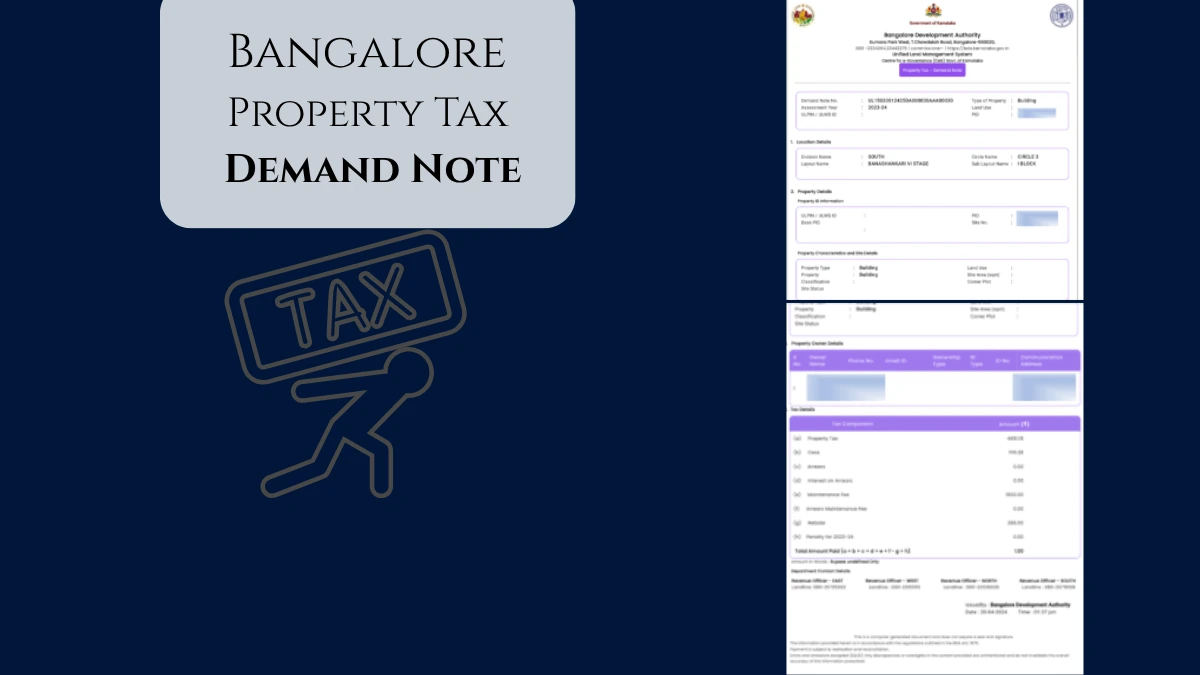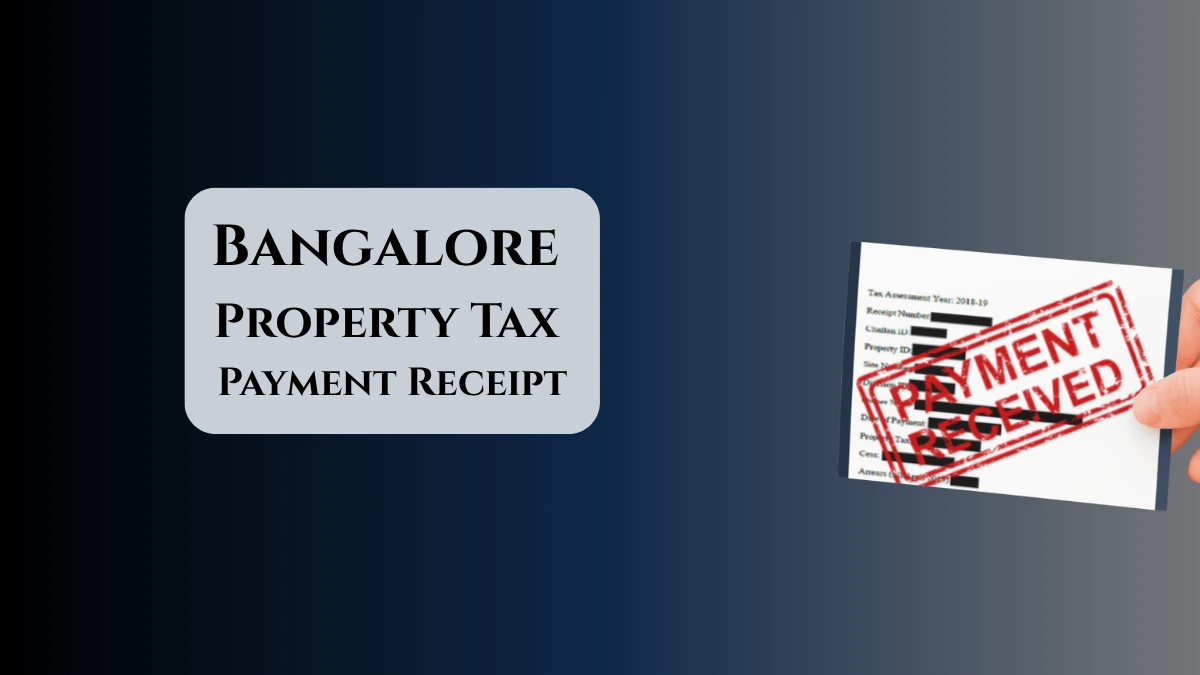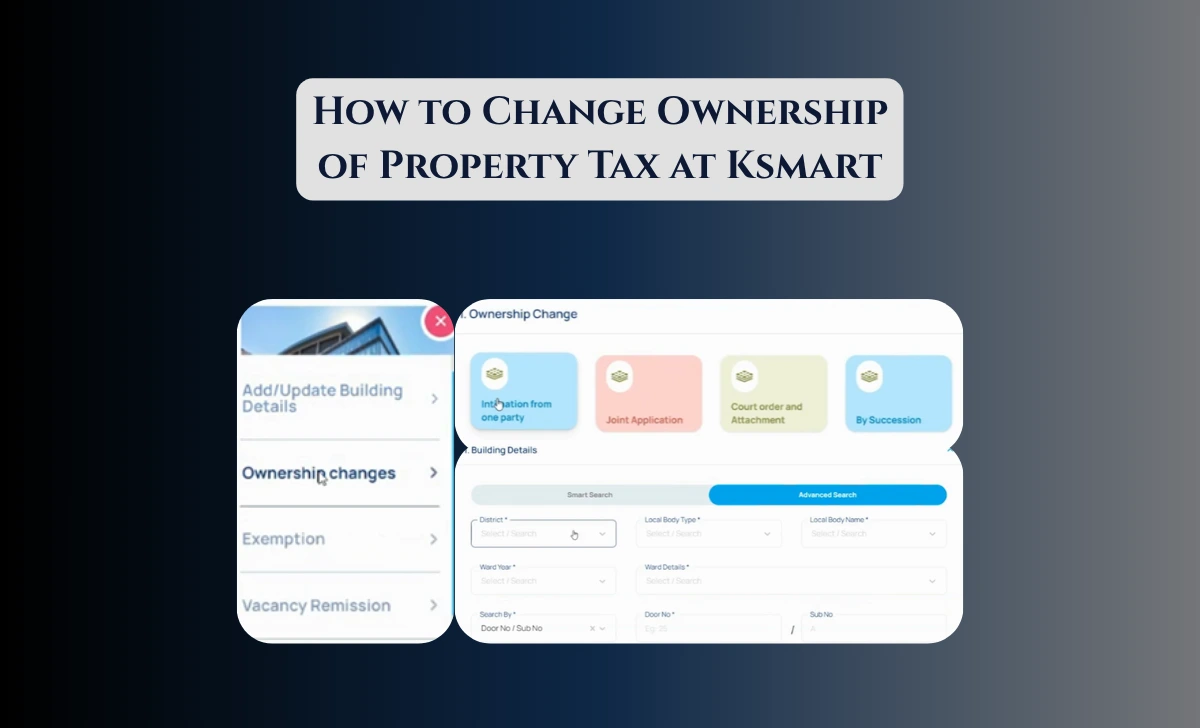The age factor in property tax plays a critical role in determining the tax liability of a property.
It refers to the adjustment made to property tax rates based on the age, with newer properties typically taxed higher than older ones due to depreciation.
This guide explains the concept, calculation methods, and impact of the age factor.

What is Age Factor in Property Tax
The age factor is a multiplier used by municipal corporations to account for the depreciation of a property over time.
It ensures that older properties, which have lower market values, taxed less compared to newer ones.
Key Points:
- Newer properties (up to 10 years old) generally have an age factor of 1.0.
- Older properties (over 70 years old) may have an age factor as low as 0.5.
- The age factor directly influences the tax calculation formula, reducing liabilities for older properties.
How to Calculate Age Factor in Property Tax
The calculation of the age factor varies by municipality but generally follows these principles:
- Age Brackets: Properties are categorized into age groups (0–10 years, 11–20 years).
- Depreciation Adjustment: The age factor decreases as the property ages.
- Formula: Tax Amount = Base Value *Age Factor
- For example:
- A property aged 5 years may have an age factor of 1.0.
- A property aged 50 years may have an age factor of 0.6.
- For example:
Also, Municipalities may use different methods to calculate the age factor based on local regulations like this:
- Unit Area Value System:
- Age factor applied as a multiplier to the unit area value.
- Example: A property aged 30 years may have an age factor of 0.8, reducing its taxable value.
- Capital Value System:
- Age factor influences the capital value of the property.
- Example: Mumbai indirectly considers depreciation through this system.
- Annual Rental Value System:
- Older properties may have lower rental values, reducing their tax liability.
Impact of Factor on Property Tax Rates
The age factor significantly affects tax rates by adjusting the taxable value based on its age.
Example:
- 5 year old residential property with an annual rental value of Rs.1,00,000 and an age factor of 1.0 may taxed at Rs. 1,00,000.
- 50 year old residential property with the same rental value but an age factor of 0.6 may taxed at Rs. 60,000.
This adjustment ensures fairness in taxation and aligns with market values.
Benefits of Factor in Tax Assessment
- Encourages maintenance of older properties by reducing tax liabilities.
- Ensures fairness by aligning tax rates with market values.
- Simplifies tax calculations through standardized formulas.
Role of Factor in Property Tax Exemptions and Rebates
Older properties may qualify for exemptions or rebates based on their depreciated values:
- Heritage or historical properties often receive full exemptions due to their cultural significance.
- Senior citizens owning older properties may benefit from additional rebates.
Regional Variations in Property Tax Age Factor Application
Different cities apply the age factor differently based on their tax systems:
- Delhi Property Tax:
- Age factors range from 0.5 to 1.0, depending on property age.
- Mumbai Property Tax:
- Uses the capital value system, depreciation is indirectly considered.
- Bangalore Property Tax:
- Applies specific brackets for residential and commercial properties.
- Surat Property Tax:
- Incorporates age factors into its annual rental value system.
Final words: Understanding age factor in property tax and how calculated, applied can help property owners manage their tax liabilities effectively while benefiting from rebates and exemptions where applicable.





